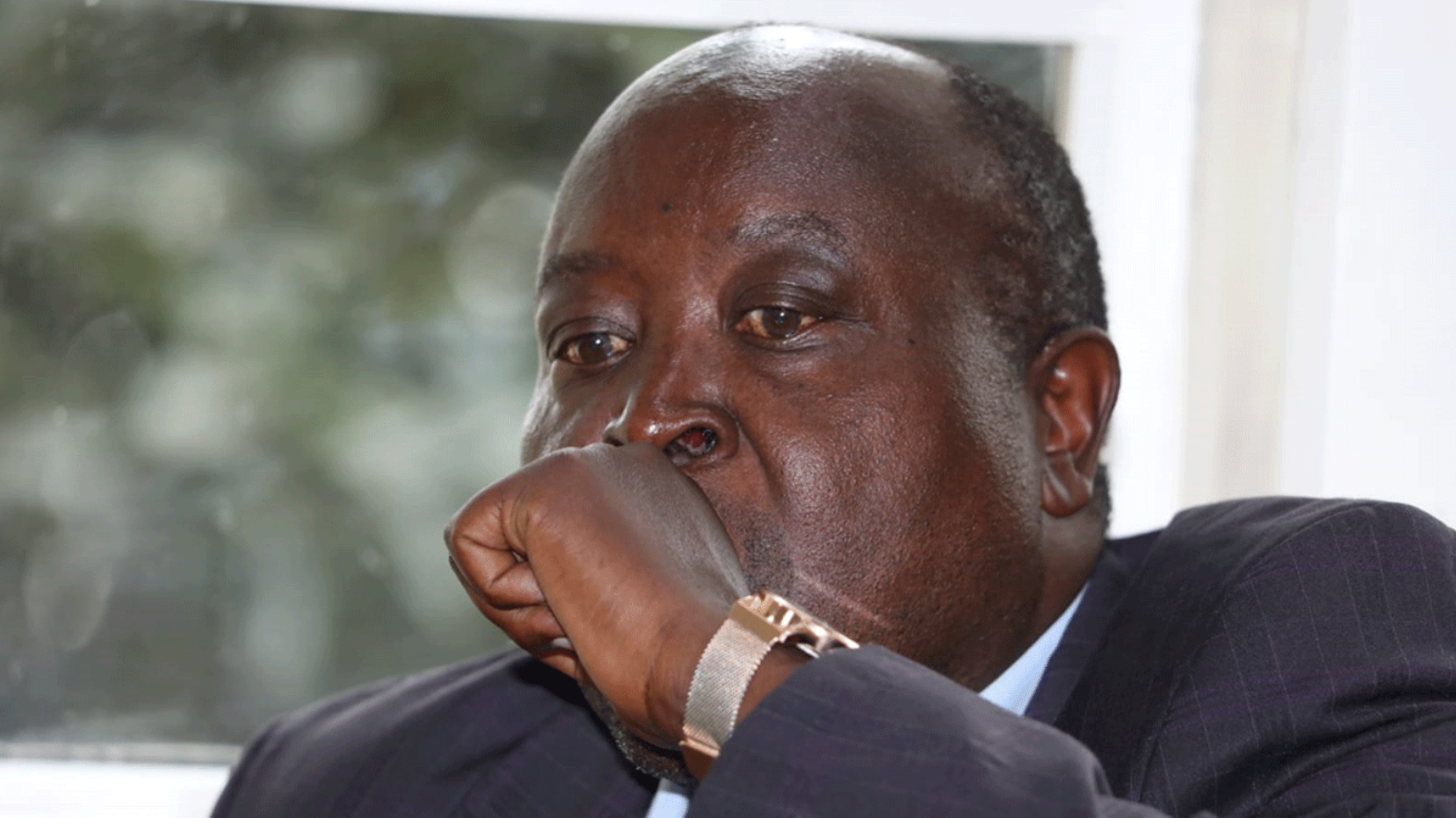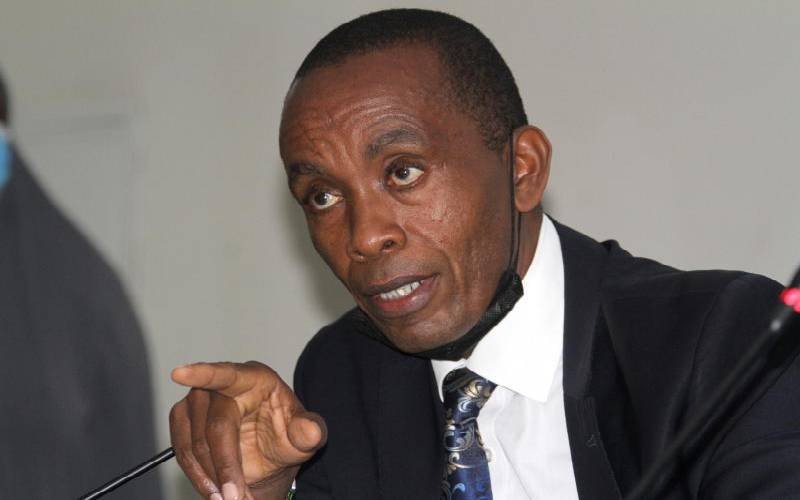Embakasi East MP Babu Owino has filed a petition at the Milimani Law Courts seeking to stop Cabinet Secretaries (CSs) and senior state officials from engaging in political activities.
Joined by Law Society of Kenya (LSK) Vice President Mwaura Kabata, the outspoken legislator argues that the move is necessary to restore neutrality and professionalism in public service.
The duo wants the court to suspend Section 25 of the new Conflict of Interest Act, 2025, which exempts CSs from the political neutrality rule that binds other state officers.

Babu Owino Takes on Ruto’s Cabinet in Court Over CSs Engaging in Politics
In their petition, Owino and Kabata describe Section 25 of the Act as unconstitutional, discriminatory, and contrary to Article 75 of the Constitution, which demands integrity and impartiality from all state officers. They argue that allowing Cabinet Secretaries and members of County Executive Committees to participate in political campaigns undermines the spirit of the Constitution and the Leadership and Integrity Act of 2012.
The petitioners want the High Court to declare the section null and void, insisting that no public official should be allowed to engage in partisan politics while holding office.
According to the court documents, they have also asked for immediate conservatory orders to restrain the Attorney General, all Cabinet Secretaries, and senior state officers from engaging in any political activities until the case is determined.
“The exemption of Cabinet Secretaries and members of County Executive Committees from restrictions imposed on other State officers is discriminatory and directly conflicts with Article 75 of the Constitution,” part of the petition reads.
Political Neutrality at Risk Amid Cabinet Campaigns
Owino and Kabata point to a recent rally in Kieni, Nyeri County, on April 2, where several top state officials were reportedly seen participating in partisan events. They argue that such conduct proves how the law is already being abused to serve political interests rather than the public good.
The petitioners say that public officers should serve all Kenyans, not political parties, and warn that continued political involvement by Cabinet Secretaries erodes trust in the public service.
“Such actions show a clear conflict between personal and public interests,” the petition reads, referencing the Leadership and Integrity Act. “The public service must remain neutral to safeguard constitutionalism and democracy.”
They further accuse the government of undermining the rule of law by allowing certain state officials to participate in political campaigns, claiming it tilts the playing field in favour of those in power.
Babu Owino Calls for Equal Application of the Law
Babu Owino insists that laws governing public officers must apply equally to everyone, regardless of their political position. He says the exemption clause in the Conflict of Interest Act creates a dangerous precedent where Cabinet Secretaries can use state resources and platforms to advance political agendas.
“This law creates two classes of public officers—those who are free to campaign and those who are punished for it,” Owino told reporters outside the Milimani Law Courts. “That is not what our Constitution envisions. We are fighting for fairness, equality, and accountability.”
The petitioners also warn that if the section is allowed to stand, it will further politicise the civil service and weaken Kenya’s democratic institutions. They argue that public confidence in the government will continue to deteriorate if those entrusted with serving the people are allowed to double as political operatives.
They now urge the Judiciary to fast-track the case, saying it involves matters of great public interest that go to the heart of Kenya’s governance.
Understanding Section 25 and Its Implications
Section 25 of the Conflict of Interest Act, 2025, came into effect on August 19. It introduced mandatory political neutrality for most public officers but carved out a major exemption for Cabinet Secretaries and County Executive Committee members.
Under the law, all other state officers are prohibited from engaging in any political activity that could compromise or appear to compromise their neutrality. Critics say this exemption gives undue privilege to powerful political appointees while stripping lower-ranking officers of the same freedom.
Legal experts have warned that the clause could embolden top government officials to use their offices for political gain, especially during election periods.
Babu Owino and Kabata’s petition has reignited debate about the independence of Kenya’s public institutions and the thin line between governance and politics.
If the High Court rules in their favour, it could force the government to amend the Act and tighten laws that regulate the conduct of public officers during political campaigns.
The case now awaits a hearing date, with the court expected to issue directions on whether it will grant the interim conservatory orders sought by the petitioners.









































